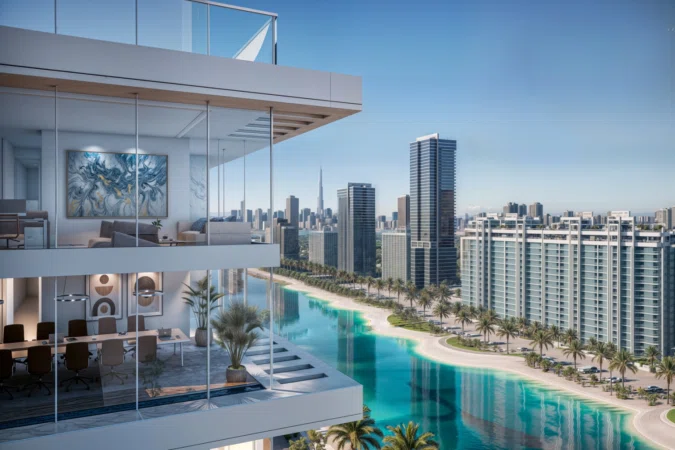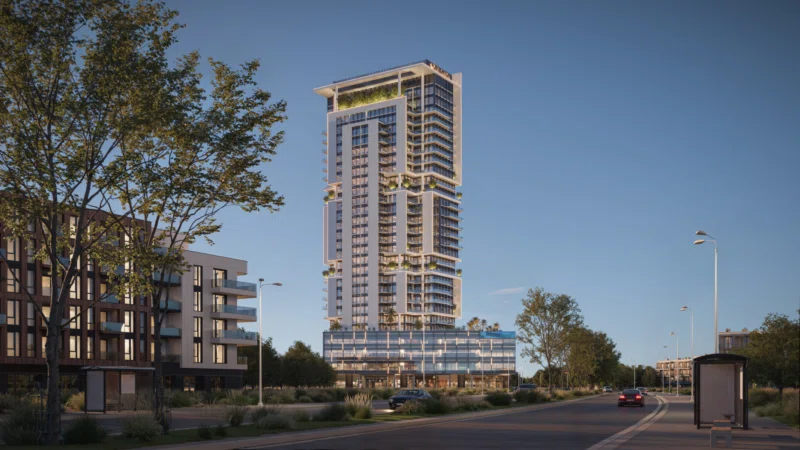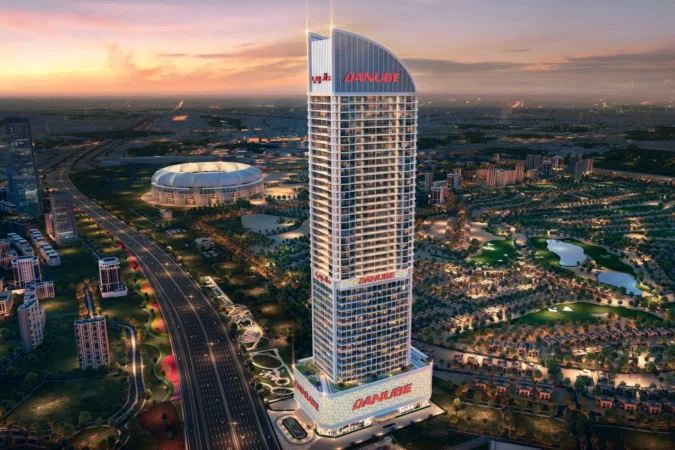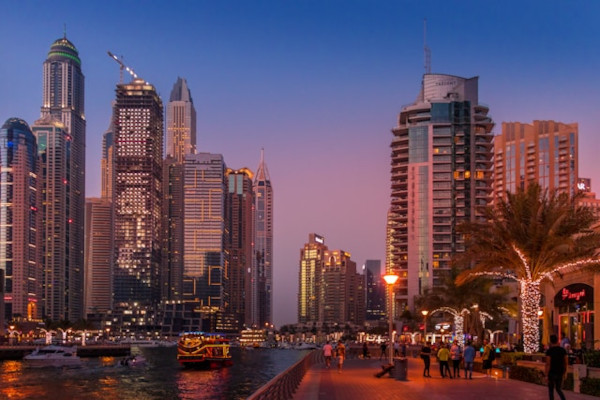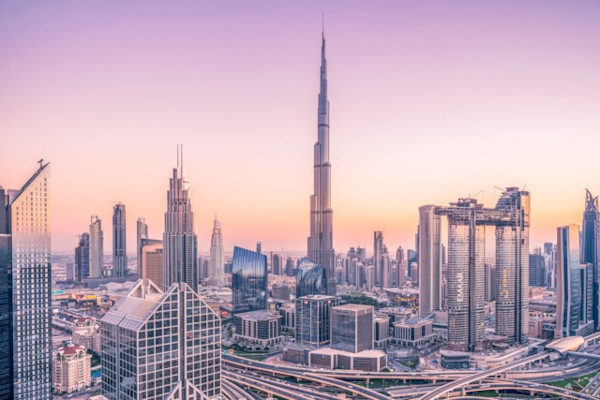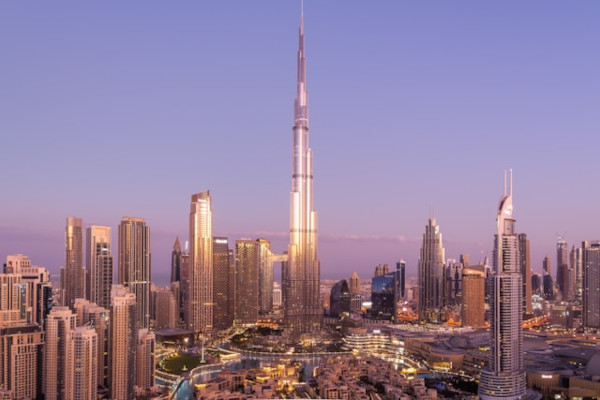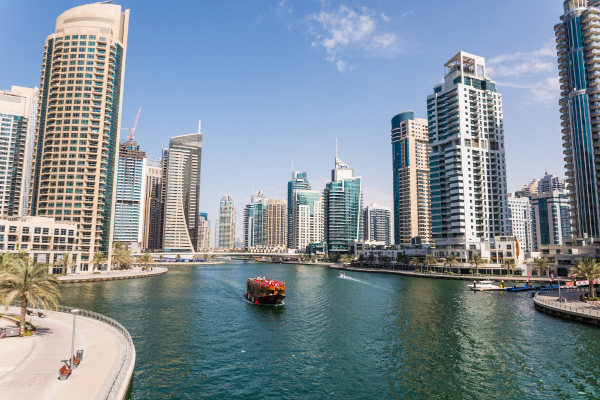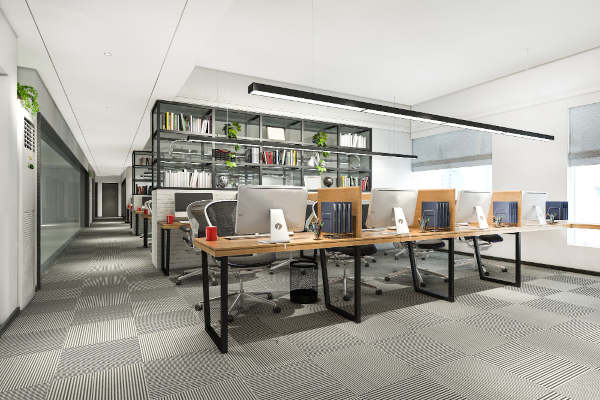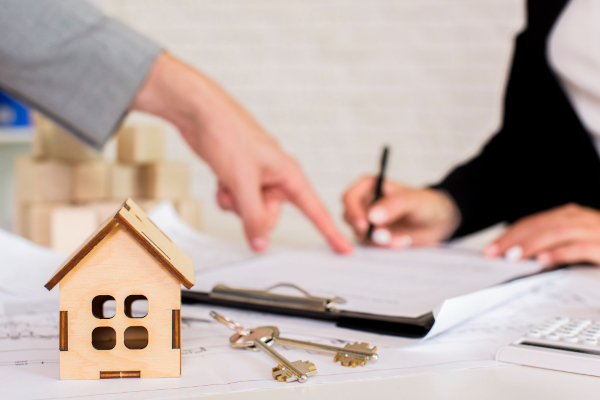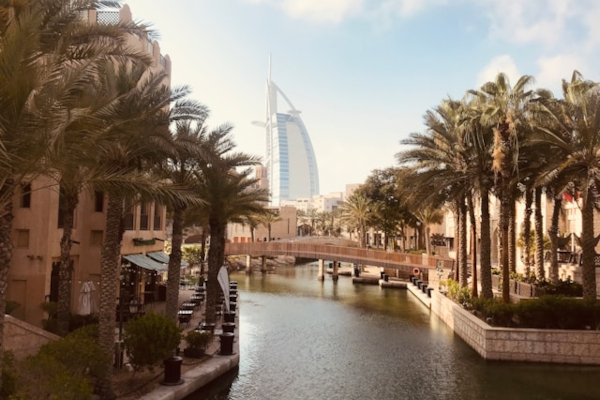Buying and selling commercial real estate in Dubai: 7 key points

In recent years, commercial properties have been in high demand due to Dubai's rapidly developing business sector. However, there are several important points to consider if you want to buy or sell such property in the UAE.
Where to buy?
Foreign investors planning to buy commercial real estate in Dubai must comply with a number of rules. First, registration is mandatory: if you represent a foreign company, you must register your company in one of Dubai's freehold zones in order to invest in the UAE. Next, you need to obtain a special license. Finally, to complete the process, you will need to submit your company's founding documents and an official decision of the board of directors confirming your intention to invest to the DLD.
How to buy?
Commercial real estate can be purchased in two main ways: by concluding a deal directly with the seller or by participating in an auction. To finance the purchase, you can use your own accumulated funds or take out a loan.
Don't forget to plan your budget carefully, taking into account mandatory payments: registration with the DLD (4% of the cost + fixed fee) and annual expenses (service charges, insurance, etc.).
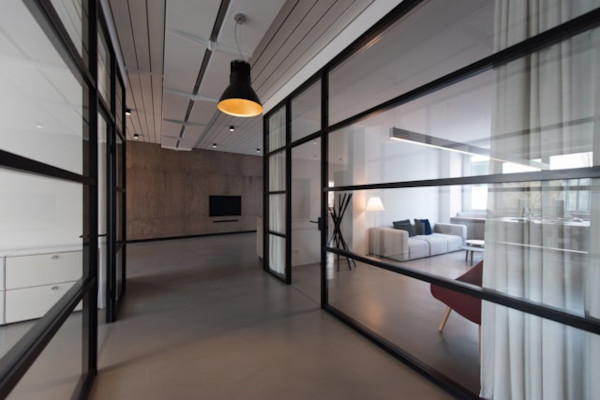
Location trends
The return on commercial real estate often varies depending on the area. For example, Class A offices in locations such as DIFC and Downtown will yield more than retail in City Walk and Bluewaters Island. By the way, the current trend is growing demand for coworking spaces integrated into residential complexes.
Renovation and redevelopment
If you have purchased commercial premises and plan to make changes to its internal layout (for example, redesign it or install new equipment), you will need to obtain a No Objection Certificate (NOC). This document confirms that all interested parties have no objections to your plans.
Financing: banks or installment plans from the developer
Bank mortgages for foreigners cover up to 50-60% of the cost, but require proof of a 2-year financial history in the UAE and offer rates of 5.5-7.5%. An important "but": some banks take international credit history into account.
Installment plans from the developer lower the entry threshold, but the final price of the property is 10-15% higher than the market price due to the included financing. Tip: keep in mind that large developers periodically launch programs with zero down payment.
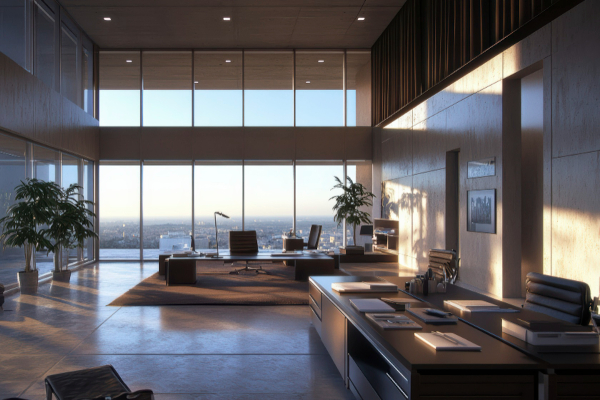
Sale: how to avoid losses
Before putting a commercial property on the market, order a report from an independent appraiser licensed by the DLD — agency appraisals are often inflated.
Risks that many people don't talk about. Here are three key points to check:
- Legal charges. Use specialized applications such as Dubai Rest to identify seizures or liens.
- Infrastructure restrictions. Order reports from Dewa (electricity supply) and Dubai Municipality (compliance with planning regulations).
- Counterparty reputation. If the seller is a legal entity, check its status in the DED Commercial Register for any legal proceedings.
Important steps and nuances
- After agreeing on the basic terms of the transaction, the parties usually sign a document known as a Memorandum of Understanding (MOU) or Form F.
- During the negotiation stage, it is preferable to seek the services of a lawyer, although this is not mandatory.
- The buyer must conduct a thorough inspection of the property before signing the contract.
- Only a licensed broker has the right to sell real estate in Dubai. A written agreement must be concluded with the broker, specifying all the terms of cooperation.
